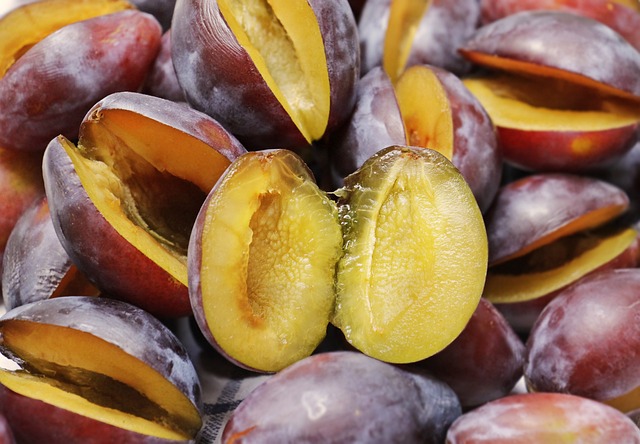Empower Your Gut: Enhancing Probiotic Diversity and Balance
In recent years, there has been a growing interest in the role of gut health and its impact on overall well-being. One key aspect of maintaining a healthy gut is ensuring a diverse and balanced population of probiotics. Probiotics are living microorganisms that can provide a range of health benefits when consumed in adequate amounts. They are commonly found in fermented foods and dietary supplements.
The Importance of Probiotics
Probiotics play a crucial role in maintaining the delicate balance of microorganisms in our digestive system. They help improve digestion, enhance nutrient absorption, support a strong immune system, and even contribute to mental health. The gut microbiota, a complex community of microorganisms, has been linked to various health conditions such as obesity, allergies, and gastrointestinal disorders.
Unfortunately, modern lifestyles, stress, dietary choices, and the overuse of antibiotics can disrupt the balance of gut bacteria. This imbalance, known as dysbiosis, can lead to various health issues. Introducing probiotics into our diet can help restore this balance and promote optimal gut health.
Enhancing Probiotic Diversity
While there are many probiotic supplements available on the market, focusing on enhancing natural probiotic diversity through dietary choices is equally important. Consuming a variety of fermented foods can introduce different strains of probiotics into your gut, helping to increase diversity.
Here are some delicious and probiotic-rich foods to incorporate into your diet:
- Yogurt: A classic probiotic food, yogurts made from live and active cultures contain beneficial bacteria such as Lactobacillus and Bifidobacterium.
- Sauerkraut: Fermented cabbage that provides an excellent source of Lactobacillus bacteria.
- Kombucha: A fizzy, fermented tea that is rich in probiotics and antioxidants.
- Miso: A traditional Japanese seasoning made from fermented soybeans and grains, which adds a unique probiotic boost to soups and marinades.
- Kimchi: A spicy Korean side dish made from fermented vegetables, including cabbage, radish, and scallions.
A Balanced Approach
While increasing probiotic diversity is essential, it is equally crucial to support the overall balance of gut bacteria. This can be achieved by incorporating prebiotic-rich foods into your diet. Prebiotics are indigestible fibers that serve as fuel for the growth of the beneficial probiotics in your gut.
Here are some prebiotic-rich foods to consider:
- Artichokes: Packed with fiber and antioxidants, artichokes offer great prebiotic support.
- Garlic: Besides adding flavor to your dishes, garlic contains prebiotic compounds that can help feed the good bacteria in your gut.
- Onions: Onions are a versatile prebiotic source that can be added to a wide range of dishes.
- Bananas: Ripe bananas contain resistant starch, a type of prebiotic fiber that provides nourishment to probiotics.
Listen to Your Gut
As you work towards enhancing probiotic diversity and balance, it’s essential to listen to your gut. Pay attention to how different foods make you feel and adjust your diet accordingly. Every individual’s gut microbiota is unique, so what works for one person may not work for another.
Additionally, if you are considering probiotic supplements, consult with a healthcare professional or a registered dietitian to ensure you choose the right product for your needs. They can provide guidance based on your specific health goals and any existing health conditions you may have.
Conclusion
Empowering your gut through enhancing probiotic diversity and balance is a powerful step towards improving your overall well-being. By incorporating probiotic-rich







